Britain Locks Down Over Virus Surge Despite New Vaccine Rollout
Schools and colleges across Britain closed on Tuesday ahead of a national lockdown as the country battled to control surging coronavirus cases that are threatening to overwhelm its healthcare system.
The tough new measures were announced Monday even as Britain began rolling out the Oxford-AstraZeneca shots, a possible game-changer in fighting Covid-19 worldwide, and as vaccine programmes in the United States and Europe stumbled.
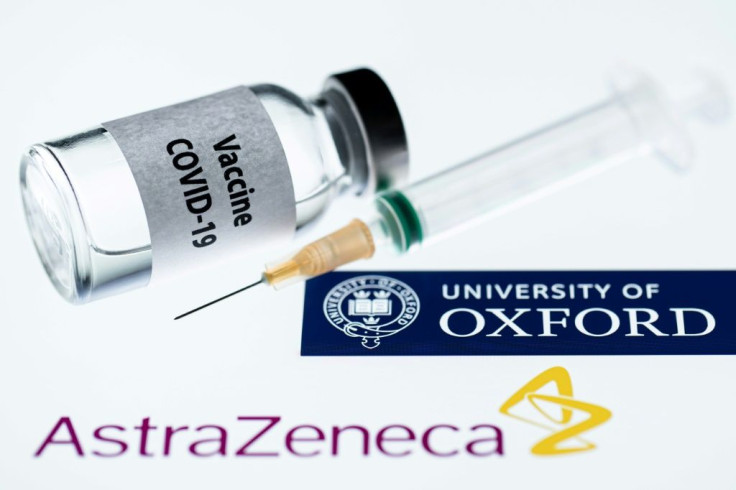
Scotland began its lockdown Tuesday, while Prime Minister Boris Johnson said all of England, the UK's largest nation, would close down from Wednesday -- possibly into mid-February.
The latest virus moves are aimed at containing a severe wave of infections with a new coronavirus strain believed to spread faster.
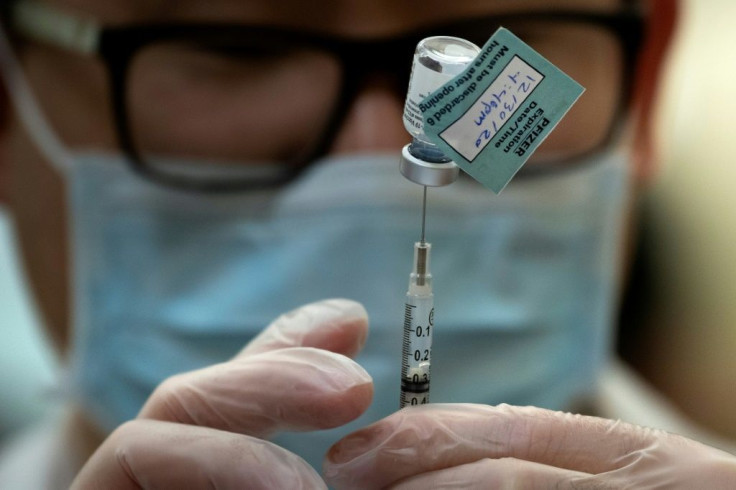
"With most of the country already under extreme measures, it's clear that we need to do more, together, to bring this new variant under control while our vaccines are rolled out," Johnson said in a televised address.
Similar to a first March-June lockdown last year, the new moves include the closure of schools and a ban on leaving home for all but exercise and essential shopping.
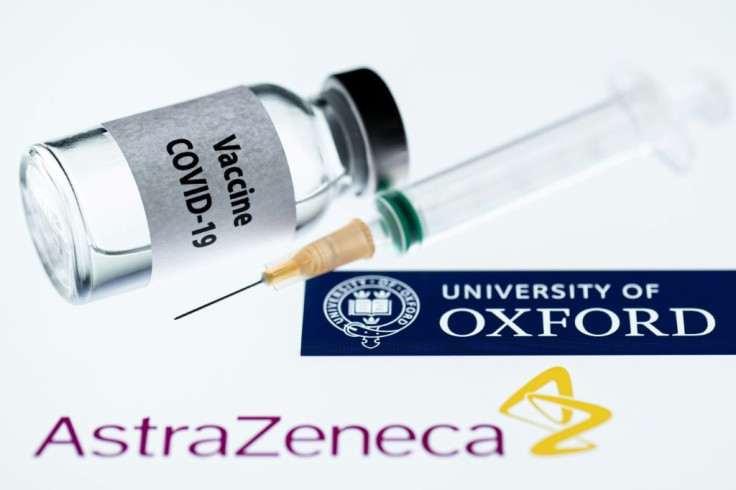
As Britain ramped up its inoculation programme Monday with the shots developed by the University of Oxford and AstraZeneca, pressure was growing on European authorities to speed up their vaccine approvals process.
The European Medicines Agency is yet to approve the Moderna vaccine, and it has said a decision on the AstraZeneca jab is unlikely in January.
German Chancellor Angela Merkel and state leaders were expected Tuesday to extend a shutdown in Europe's top economy as coronavirus deaths mounted despite tough restrictions in the run-up to the holidays.
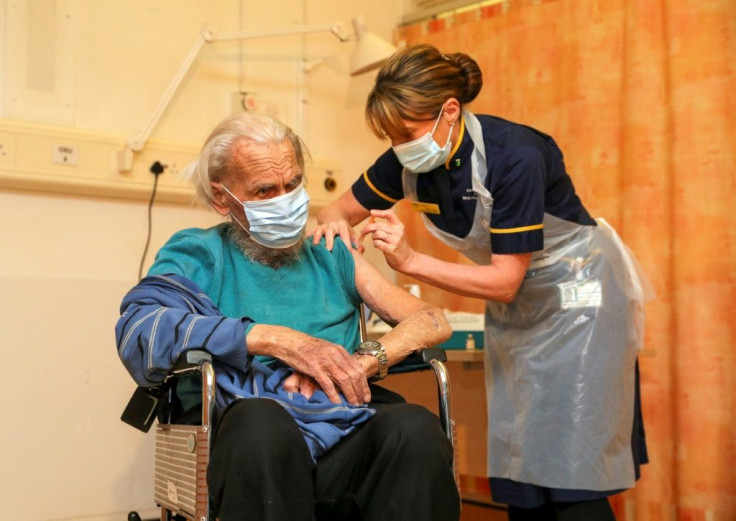
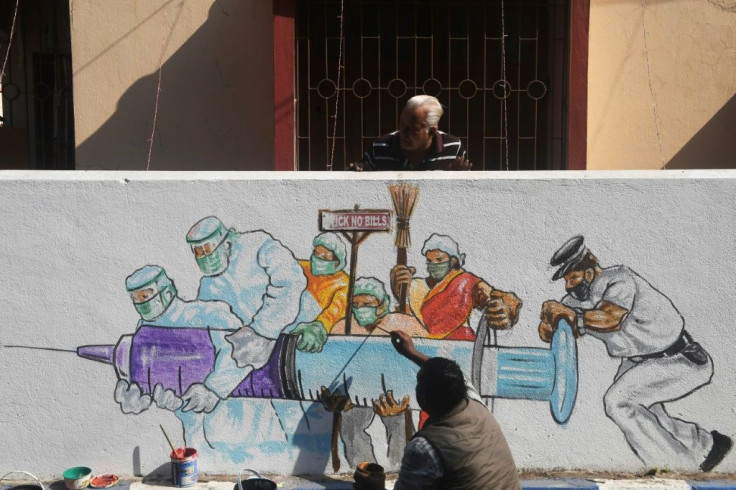
The ease of storage and use of the Oxford-AstraZeneca vaccine compared with the Pfizer-BioNTech and Moderna alternatives could mean greater access for less wealthy nations in the fight against the coronavirus, which has infected more than 85 million people with more than 1.8 million known deaths.
Mexico on Monday followed India in approving the Oxford-AstraZeneca vaccine for emergency use.

The efforts to accelerate vaccinations come as concerns grow about the potentially more transmissible variant spreading out of control.
The Chinese firm Sinopharm said Monday its vaccine -- with a claimed effectiveness of 79 percent -- remains effective against the new variant.
In the United States, the worst-hit nation in the world, the rollout of vaccines has been plagued by logistical problems and overstretched hospitals and clinics.
But authorities also face the challenge of conspiracy theories spread on social media that could increase vaccine hesitancy and outright rejection -- and even sabotage.
That threat was illustrated last week in the US state of Wisconsin, where a pharmacist was accused of intentionally spoiling hundreds of Moderna doses because of a baseless conspiracy theory.
Steven Brandenburg, who appeared before a judge Monday, "told investigators that he believed that Covid-19 vaccine was not safe for people and could harm them and change their DNA", according to a police statement quoted by local media.
Mass vaccinations are considered key to breaking the back of the pandemic, which has impacted all walks of life and severely restricted activities that involve large gatherings.
The world of sport has been hit hard, with events postponed, cancelled entirely, or held in empty arenas.
Organisers of the Australian Grand Prix said a final call on staging the race will be made in the coming weeks, with strict travel restrictions and Australian quarantine requirements in place because of the new variant.
The pandemic has also hammered the live music industry, with Britain's summer festivals such as Glastonbury into "existential crisis".
"There is a real threat that the vast majority of the 2021 season will not happen either," UK Music, an industry organisation, warned Tuesday, calling for greater government support.
© Copyright AFP 2024. All rights reserved.





















